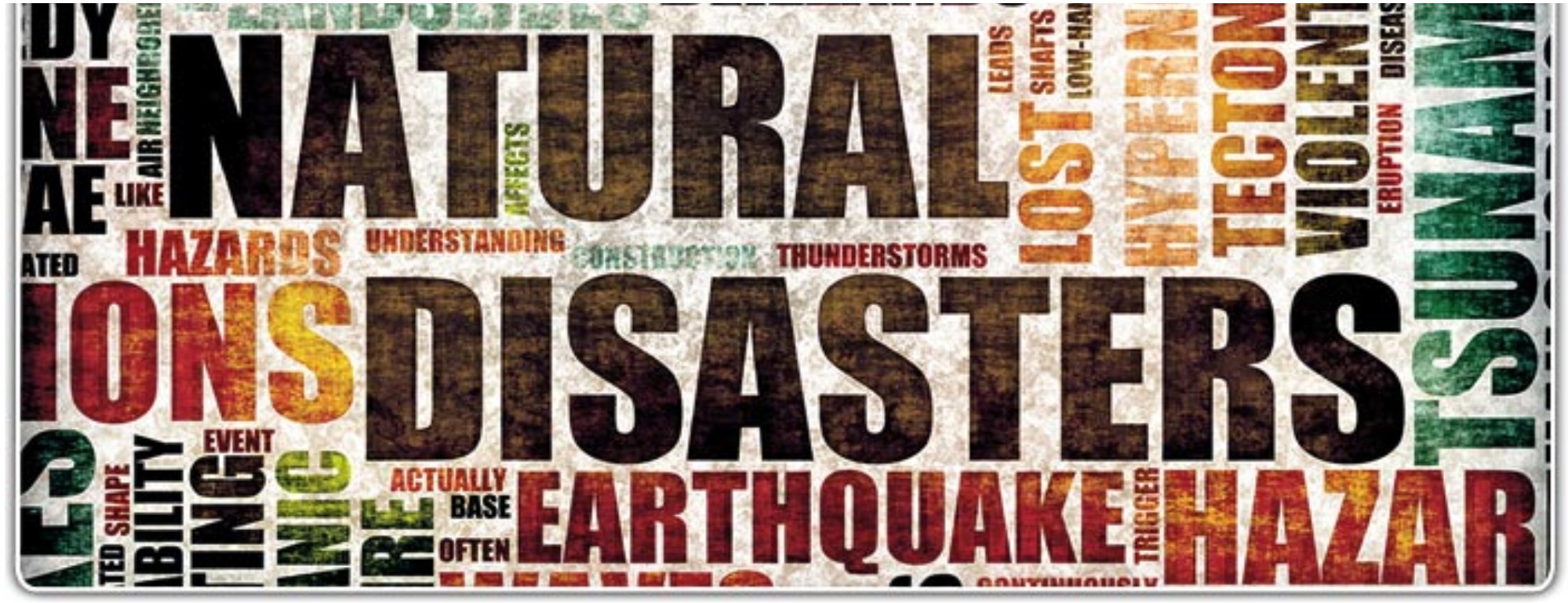https://www.fema.gov/pdf/areyouready/basic_preparedness.pdf
Make a plan today.
Your family may not be together if a disaster strikes, so it is important to know which types of disasters could affect your area. Know how you’ll contact one another and reconnect if separated. Establish a family meeting place that’s familiar and easy to find.
Step 1: Put a plan together by discussing the questions below with your family, friends or household to start your emergency plan.
- How will I receive emergency alerts and warnings?
- What is my shelter plan?
- What is my evacuation route?
- What is my family/household communication plan?
- Do I need to update my emergency kit?
Step 2: Consider specific needs in your household.
As you prepare your plan tailor your plans and supplies to your specific daily living needs and responsibilities. Discuss your needs and responsibilities and how people in the network can assist each other with communication, care of children, business, pets or specific needs like operating medical equipment. Create your own personal network for specific areas where you need assistance. Keep in mind some these factors when developing your plan:
- Different ages of members within your household
- Responsibilities for assisting others
- Locations frequented
- Dietary needs
- Medical needs including prescriptions and equipment
- Disabilities or access and functional needs including devices and equipment
- Languages spoken
- Cultural and religious considerations
- Pets or service animals
- Households with school-aged children
Step 3: Create a Family Emergency Plan
Make a Family Emergency Plan quickly and easily with our fillable form.
Step 4: Practice your plan with your family/household
http://www.ready.gov/evacuation
https://www.ready.gov/sites/default/files/2021-04/family-emergency-communication-plan.pdf
https://www.youtube.com/watch?v=TybjwGLHA88


